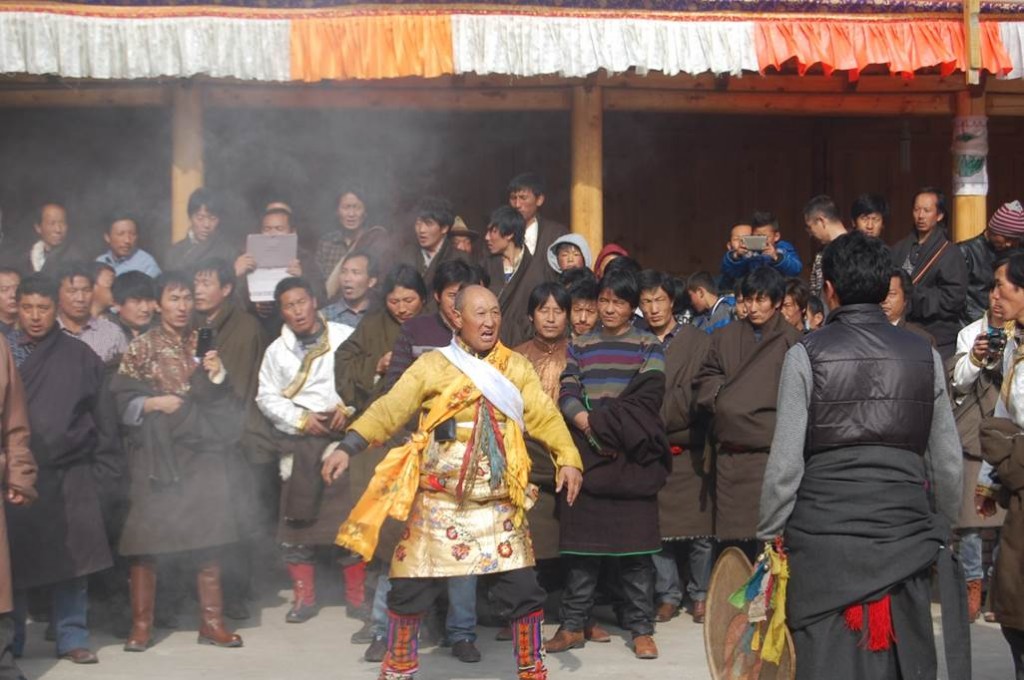BICC Sacred Models: Religious Authority and Representation in Asian Religions
Project co-ordinators: Dr Erica Baffelli and Dr Jane Caple (University of Manchester)
This network aims to bring together scholars from social anthropology, religious and cultural studies to analyse changing forms of religious authority in Asia. Social and technical transformations have spurred a rapid shift in forms of interactions between religious specialists or institutions and their wider communities within both institutionalised religions such as Buddhism and new religious movements. Both traditional modes of authority (such as temple/monastic – laity relationships in Buddhism) as well as new (for example self-appointed online experts) are challenged by changes in family structures, societal value shifts and the ways in which authorities are sometimes acting across linguistic, social, ethnic and regional borders. In this situation it becomes crucial to establish a research forum looking beyond the boundaries of geo-political areas and religious traditions. It is also essential to critically engage with the ways in which issues of religious authority have been understood and treated within academia.
Project activities (Feb 2014 – Feb 2016) will include an international workshop and a series of public talks. The project is a cross centre collaboration between BICC and the White Rose East Asia Centre (Universities of Leeds and Sheffield).
Project activities
22 September 2014: Talk by Professor Fabio Rambelli on Buddhist Political Thought in Japan
We were delighted to welcome Professor Fabio Rambelli to Manchester in September to open our series of public talks on Religious Authority in Asia. Professor Rambelli challenged the received assumption concerning Japanese Buddhist institutions’ organic support of the imperial state throughout history. Focusing on the nature and typologies of Buddhist political thought and praxis in premodern Japan, he emphasized the strong sense of institutional autonomy animating Buddhist institutions for a large part of their long history. Fabio Rambelli is Professor of Religious Studies and East Asian Languages at the University of California, Santa Barbara.
31 Oct – 1 Nov 2014: Religious Authority in Asia: Problems and Strategies of Recognition
In autumn 2014, we held an international workshop at the University of Manchester which explored problems and strategies of recognition of religious authority in contemporary Asia in a comparative context. The workshop brought together scholars who are working on both ‘traditional’ and new modes of authority, on both institutionalised religions and individual religious specialists, and on different religious traditions and movements in Japan, Korea, the PRC and Taiwan. Workshop participants examined these issues from three main perspectives: scholarly discourse on religions; relationships between religious specialists and their supporting communities; and the state-religion interface.
Workshop programme Authority workshop_ProgrammeAbstracts
Project co-ordinators Erica Baffelli and Jane Caple are now working with the other participants to develop a publication and are currently in discussion with the editors of a high profile peer-reviewed journal about plans for a special double issue in 2017.


